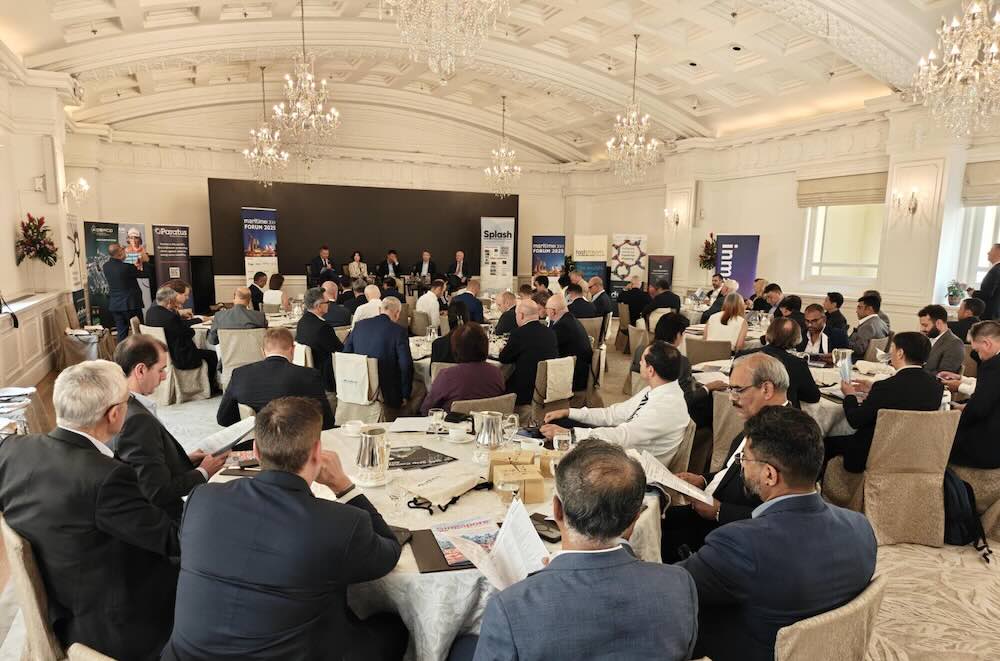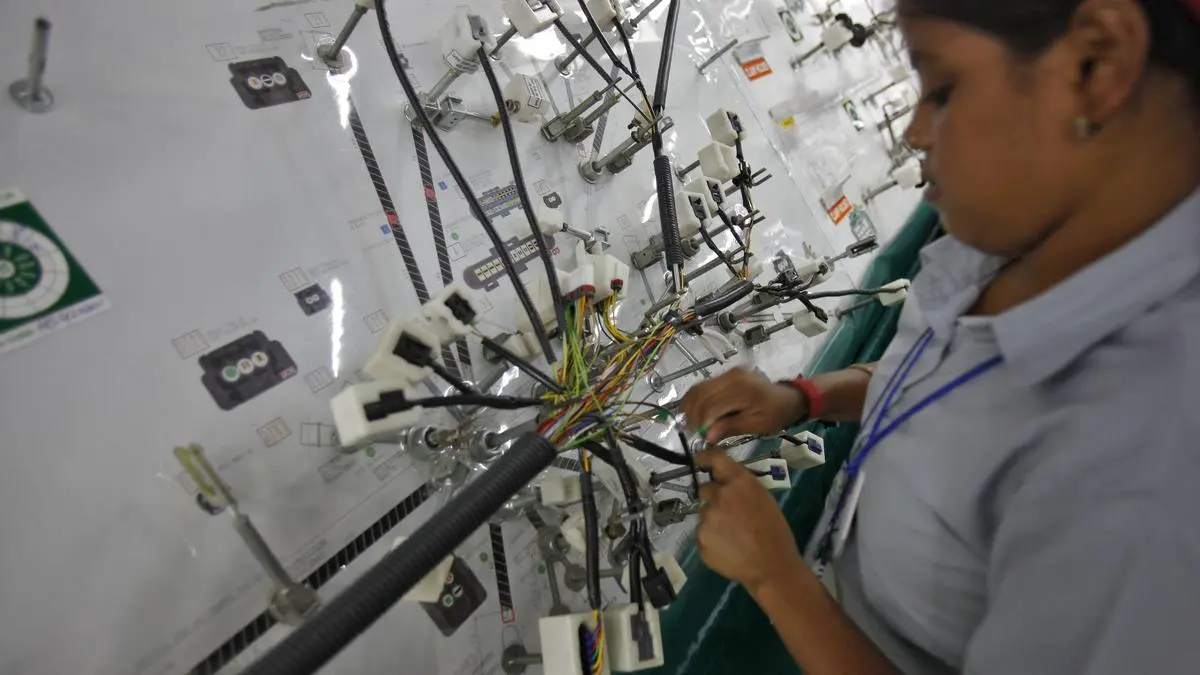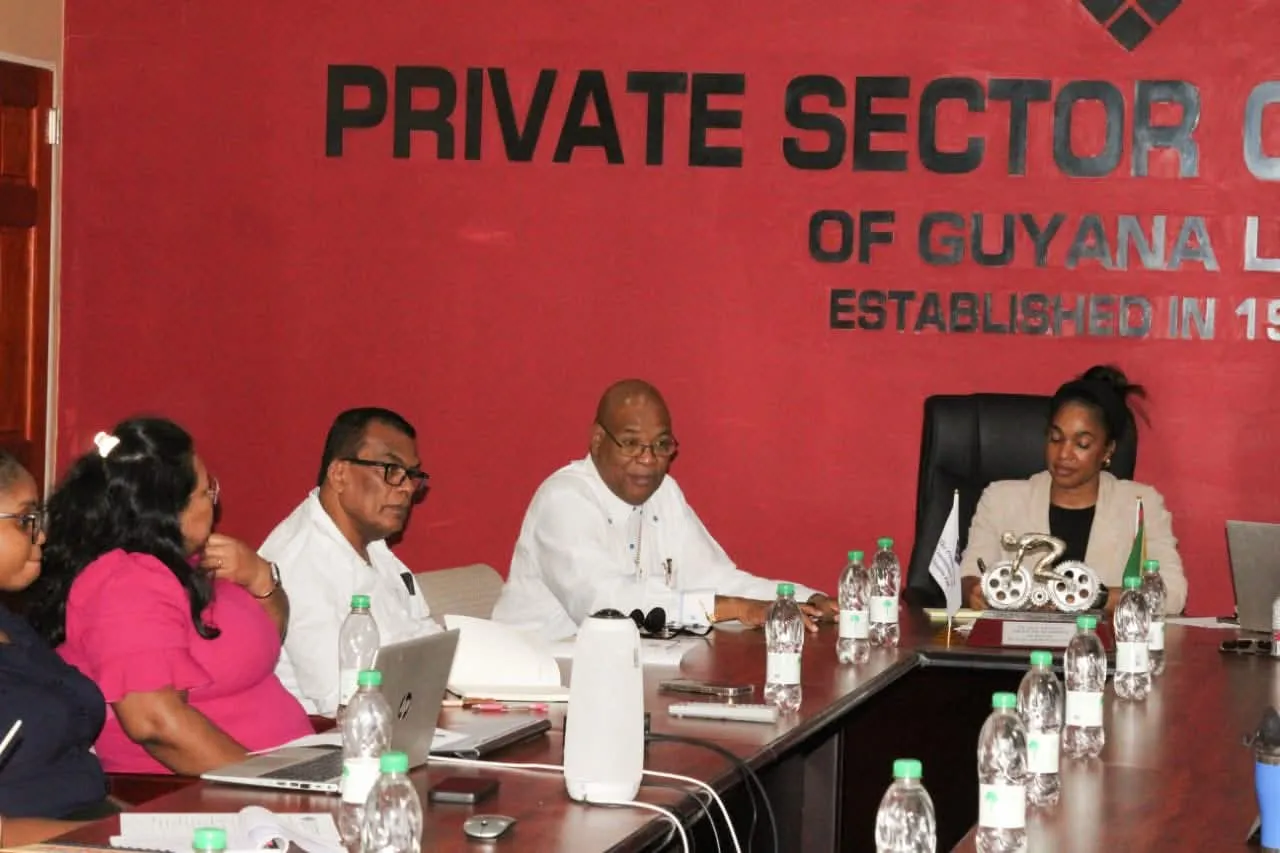By Splash
Copyright splash247

World Maritime Day provided a fitting backdrop for the latest Maritime CEO Forum, staged last week at Singapore’s Fullerton Hotel for the final time before shifting to a larger venue in 2026.
The opening Big Issues panel lived up to its billing, traversing geopolitics, compliance, decarbonisation, technology and the shifting expectations of financiers and charterers. The unifying theme? The sheer complexity of life as a shipowner in 2025.
Emily Koo, group managing director at Hong Kong shipowner TCC, was unequivocal. “It is more complicated running our family business today than it was for my grandfather,” she said. “Ownership and management of an asset is easier to outsource, which has lowered barriers to entry. But at the same time, the standards of excellence have risen dramatically. The cost of maintaining that service standard is very difficult for owners to bear.”
Koo noted her company spends about $1m annually just on compliance. “That’s the ballpark. The question is how do we make this sustainable for independent owners?” she asked.
Erasmus Shipinvest boss John Su, who has built a 60-ship diversified fleet in just 15 years, concurred that the industry has never felt more pressurised.
“Technology is racing ahead, regulations keep multiplying, and the financing environment is far tougher than before. We’ve survived historic lows in the dry bulk market and relentless demands from European banks — but today, the daily burden of compliance and sanctions risk is something else,” Su said.
He revealed his team is already devoting significant time to anticipated new US sanctions regimes, describing the process as “cleaning potential troubles before they arrive.” Su added: “Our Fortune 500 charterers are ultra-cautious. Sanctions risk today has the same weight in negotiations as technical vetting or inspections once did.”
Koo voiced frustration at the gap between what charterers demand and what they are willing to pay. “Everyone wants new ships and the highest safety standards, but they are not there to pay $50,000 a day to cover the economics of a $120m VLCC,” she said. The result is older tonnage remaining in the market while owners plough capital into stretching the lives of existing assets.
If owners feel battered by regulation and charterer demands, class societies like ABS are trying to inject clarity. Vice president for technology in the Pacific, Dr Gu Hai, shared case studies from shipowners wrestling with unproven technologies.“Owners tell us: I’ve seen one company install wind-assist propulsion, but then stop. How do I know it works for me? Where’s the performance guarantee?” he said.
He pointed to the absence of standardised methods to measure returns on voyage optimisation, coatings or retrofits. “Without transparent, objective evaluation frameworks, it is very hard for owners to justify investment. It is not just about technology — it is also cultural. Captains can simply override software. Change management is as critical as innovation itself,” Gu argued.
Delegates then turned to geopolitics. “We are seeing conversations about whether shipping companies need a chief geopolitical officer,” said consultant Punit Oza from the floor. “The complexity is that great.”
Koo admitted owners often feel out of their depth. “We lean heavily on our partners and P&I clubs for guidance, but geopolitics now impacts commercial discussions every day,” she said.
Su warned of risks tied to China and Taiwan. “Think through the impacts,” he cautioned. “The world’s dependence on Taiwanese semiconductors means any conflict would be catastrophic. Owners must model what that means for their fleets in China.”
Mike Salthouse, head of external affairs at P&I club NorthStandard, pulled no punches. “Sanctions policy is being executed through you and me. The bad actors are not punished. It’s the owners and insurers that carry the liability,” he said.
He lamented shipping’s poor record at engaging with governments. “We are indispensable but invisible. Unless we speak with one voice and work with regulators, we risk being criminalised by outdated legislation — some of it dating back to 1886,” Salthouse warned, citing archaic treaties on subsea infrastructure as an example.
On de-dollarisation, Salthouse remained sceptical. “There aren’t many transactions that don’t touch the US financial system in some way. OFAC can still reach you. A designation is enough to put you out of business without trial,” he said.
London International Shipping Week loomed large in Salthouse’s comments too, especially the surge in discussion around nuclear propulsion. “The conversation has shifted from aspirational — ‘maybe nuclear is the answer’ — to actual pathways being charted. The Dutch are aiming for nuclear-powered vessels at sea by 2032. Rolls-Royce and Babcock are pushing modular reactors. Capital markets and insurers are waking up,” he said.
From the Swire Shipping side, chief sustainability officer Susana Germino asked when approvals and guidelines for nuclear propulsion might be in place. Gu responded that the technology is ready but regulation lags. “The barrier is not technical but regulatory. We need united frameworks to allow nuclear-propelled ships to trade globally,” he said.
Former International Chamber of Shipping chairman Esben Poulsson, speaking from the floor, believed the International Maritime Organization’s net-zero framework will likely be adopted in October, albeit potentially by vote. “The secretary-general is adamant there is no plan B. Despite pushback from some owners, my sense is it will get over the line,” Poulsson said.
Owners remain caught between pragmatism and speculation. Su acknowledged that only “gamblers” would be ordering high-priced newbuilds today without clear support. “Real owners will not do that,” he said.
Koo emphasised that independents must work harder to remain relevant. “We are reinvesting in our older tonnage to keep standards high. But sustainability, compliance and finance are all squeezing margins. Something has to give,” she said.
Splash will be bringing readers key comments from the forum’s tanker session tomorrow.



